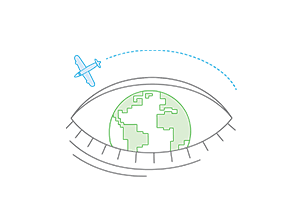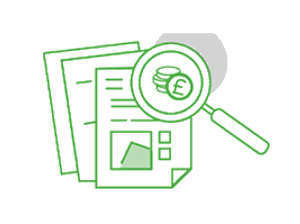Tax year has just began.
Have you planned your investments yet?
Personal Income Tax in Bangladesh is a crucial aspect of the country's fiscal system, serving as a primary source of revenue for the government while also shaping individual financial planning. Governed by the Income Tax Act, 2024, and subsequent amendments, the personal income tax framework encompasses various income streams, including salaries, business, profits, capital gains, and other sources of income.
Individual taxpayers in Bangladesh are categorized based on their income levels into different tax brackets, each subject to progressively higher tax rates. The tax year in Bangladesh runs from July 1st to June 30th, with taxpayers required to file their annual income tax returns by November 30th each year.
To facilitate compliance and ensure accuracy, the National Board of Revenue (NBR) periodically issues guidelines, circulars, and notifications clarifying tax obligations and procedures. Taxpayers are also entitled to various deductions, exemptions, and reliefs under the tax laws, aimed at promoting savings, investment, and social welfare.
Compliance with personal income tax regulations is essential for individuals to fulfil their civic responsibilities and avoid penalties or legal ramifications. Additionally, effective tax planning strategies can help individuals optimize their tax liabilities, maximize savings, and achieve their financial goals within the ambit of the law.
Navigating the intricacies of personal income tax in Bangladesh requires a comprehensive understanding of the legal framework, coupled with diligent record-keeping and adherence to regulatory requirements. Seeking professional advice and assistance from qualified tax professionals, such as ours, can greatly aid individuals in managing their tax affairs efficiently and ensuring compliance with applicable laws and regulations.





